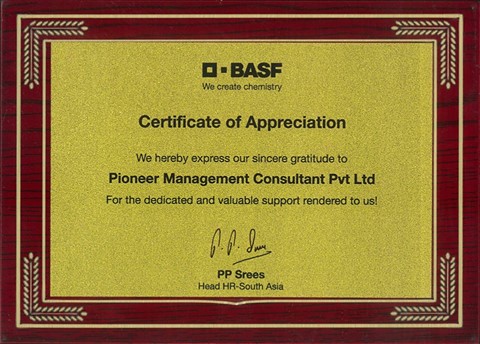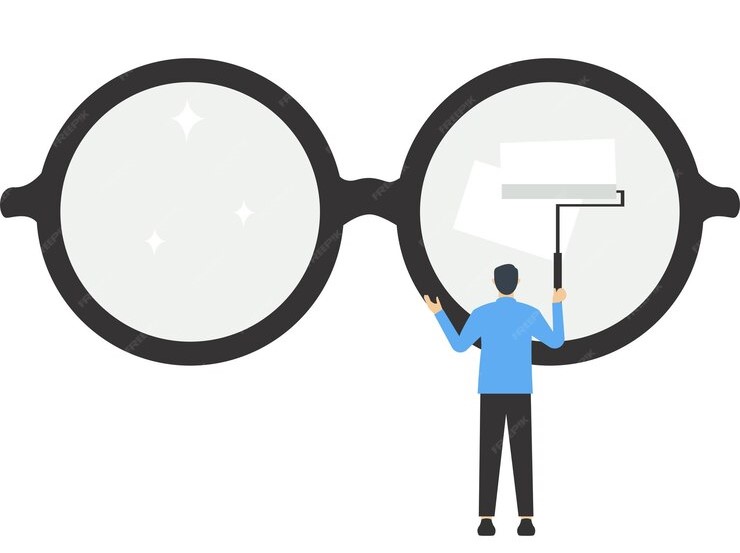When evaluating candidates during the hiring process, ensuring fairness and accuracy is essential. Two common cognitive biases that can distort our judgment are the halo effect and the horns effect. Understanding these biases and implementing strategies to counteract them is crucial for making informed hiring decisions.
Understanding the Halo and Horns Effects
The halo effect occurs when a positive impression of a candidate in one area influences our overall perception of them. For example, if a candidate arrives on time, dresses well, and communicates eloquently, an interviewer might overlook weaknesses in their technical skills simply because they seem impressive overall. As psychologist Edward Thorndike once said, “The effect of one outstanding trait can create a halo that blinds us to other aspects of the individual.”
Conversely, the horns effect is the opposite bias. It happens when a candidate is unfairly judged negatively due to a single negative trait or incident. For instance, if a candidate struggles to answer a question during the interview, the interviewer might dismiss their overall qualifications or potential, focusing only on that moment. This can lead to missed opportunities for capable individuals who may just need a little more time to showcase their skills.
some simplified examples of the halo and horn effects to help illustrate these concepts more clearly:
Halo Effect Examples:
-
Similar-to-Me Effect:
- If a hiring manager graduated from the same university as a candidate, they might assume that the candidate is more competent and skilled simply because they share that background.
-
Attractiveness:
- A well-dressed and attractive candidate might be perceived as more intelligent and capable, leading the interviewer to overlook any weaknesses in their qualifications.
-
Positive Reputation:
- If a candidate is known for their volunteer work or community involvement, an interviewer might assume they are also an excellent team player, even without evidence from their past work experience.
-
Social Media Presence:
- A candidate with an impressive LinkedIn profile featuring numerous endorsements may be viewed as highly competent and knowledgeable, regardless of their actual experience.
Horn Effect Examples:
-
Single Negative Trait:
- If a candidate makes a small grammatical error in their resume, a hiring manager might conclude that they are not detail-oriented, ignoring their other qualifications and experiences.
-
Prejudice Based on Appearance:
- A hiring manager might have a bias against candidates with visible tattoos, assuming they are unprofessional without considering their qualifications or skills.
-
One Bad Experience:
- If a candidate previously worked at a company with a poor reputation, the hiring manager might unfairly judge them based solely on that experience, overlooking their personal accomplishments.
-
Negative Comments:
- If a candidate receives a bad reference from a previous employer, the hiring manager might dismiss their application entirely, even if the candidate has other positive recommendations.
These examples highlight how the halo and horn effects can lead to biased assessments in hiring, emphasizing the importance of objective evaluation and awareness of unconscious biases in the decision-making process.
Examples in Practice
To illustrate, let’s consider two candidates for a marketing position:
-
Candidate A arrives impeccably dressed, confidently presents their portfolio, and has glowing references. However, when questioned about data analytics skills, they struggle to provide satisfactory answers. Due to their impressive overall demeanor, the interviewer may overlook their lack of technical expertise, allowing the halo effect to cloud their judgment.
-
Candidate B appears a bit disheveled and seems nervous during the interview. When asked about their previous experience, they stumble over their words and fail to articulate their achievements. An interviewer influenced by the horns effect might unfairly dismiss this candidate despite their potential and solid past performance, focusing solely on their interview nerves.
Strategies to Mitigate Biases
To counteract these biases and ensure a fairer assessment, consider implementing the following strategies:
-
Structured Interviews: Use standardized questions for all candidates to maintain consistency. This approach minimizes the impact of personal biases and focuses the evaluation on relevant skills and experiences.
-
Diverse Interview Panels: Including multiple interviewers from different backgrounds and perspectives can help balance individual biases. A diverse panel is more likely to provide a well-rounded evaluation of the candidate.
-
Behavioral and Situational Questions: Focus on asking behavioral questions that require candidates to describe past experiences or respond to hypothetical situations. This method encourages candidates to provide concrete examples of their skills and abilities.
-
Blind Resume Reviews: Remove identifying information from resumes during the initial screening process to reduce the risk of bias. This practice ensures that candidates are assessed based solely on their qualifications and experiences.
-
Awareness and Training: Educate hiring teams about cognitive biases, including the halo and horns effects. By raising awareness, interviewers can actively work to mitigate their influence on decision-making.
As the saying goes, “What we see depends mainly on what we look for.” By being conscious of our biases and adopting structured practices, we can create a more equitable hiring process that focuses on candidates' true potential.
Conclusion
In conclusion, while the halo and horns effects can skew our perceptions during the hiring process, being aware of these biases and employing strategies to mitigate them is essential. By implementing structured interviews, fostering diverse panels, and emphasizing objective criteria, we can ensure that our assessments are fair and comprehensive. This approach not only helps us make better hiring decisions but also fosters a more inclusive workplace where all candidates have the opportunity to shine.
#HaloEffect #HornsEffect #CandidateAssessment #RecruitmentStrategy #BiasAwareness #EffectiveInterviewing #FairEvaluation #TalentAcquisition #HiringBestPractices #UnconsciousBias #DecisionMaking #InclusiveHiring #TalentManagement #ProfessionalDevelopment #InterviewTechniques #DiversityAndInclusion #ObjectiveEvaluation #RecruitmentInsights #HRBestPractices #CandidateExperience #pmcpl #AksharaImperishableLearning #pioneermanagementconsultantpvtltd



Leave a comment